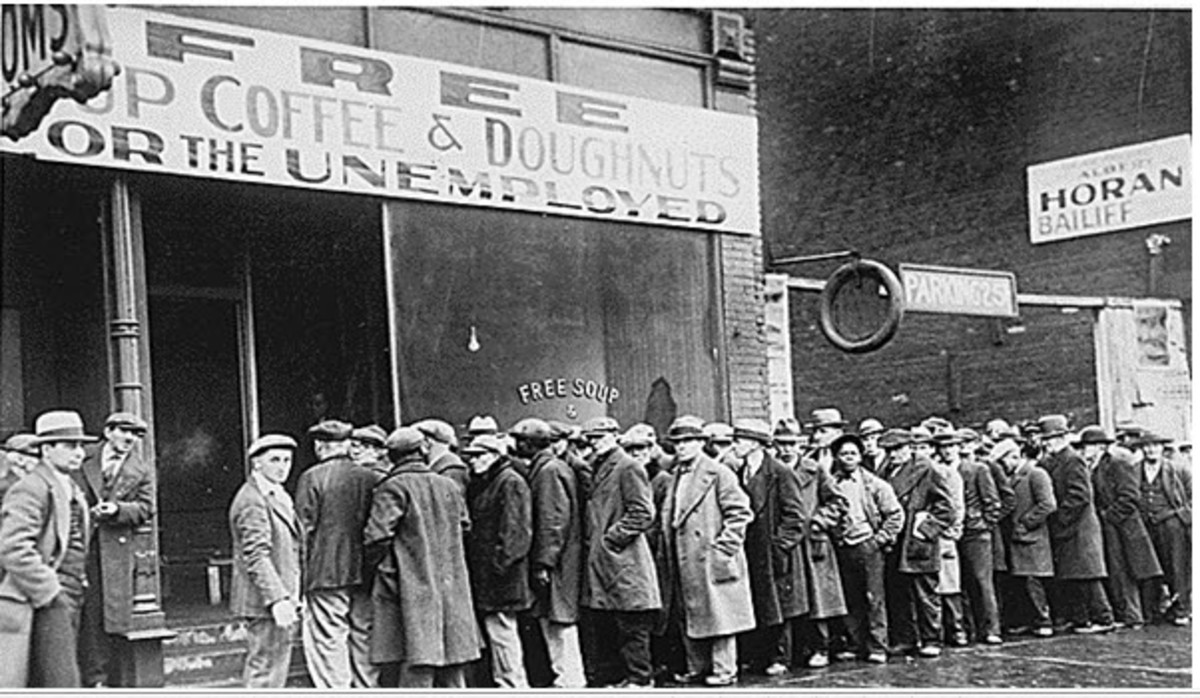How to understand your personal pension or individual retirement account

Pensions are complicated. There is so much jargon and there are so many products and options it can impossible to know what the best thing is to do.
So I won't pretend that this one short article will tell you everything you need to know. But it will give you a way of thinking about your pension that will help you to ask the questions you need to ask. But this article is not a substitute for independent financial advice from an adviser or financial planner.
Sometimes workplace pensions are different
Occupational pensions - those provided through your workplace - can be a little more complicated so I won't discuss them here, although some of these ideas will still apply to them.
The big picture
Pensions are complicated, as I said. But for a personal pension or individual retirement account there is a basic equation that can help us think about the issues.
That very simple equation is
Money into the pension pot = Money out of the pension pot.
Simple, right?
Obvious. Maybe So obvious it's useless? I don't think so - as you'll see.
First let's see what this equation does NOT mean. It doesn't mean that
Money YOU put into the pension pot = Money YOU get out of the pension pot.
Because there are other people involved, putting money in or taking it out.
So that tells us that to get the most pension bang for your contributed buck you need to get other people to put in as much as you can manage and to reduce the amount that others get out of your pot.
Find out more about investments
One of the biggest factors in how much income you will have in retirement is how well your investments perform. No one can control this completely but the more you know about it, the better you can manage your money.
Take a look at these articles about
Where the money going in comes from
In general terms there are four places your pension money can come from.
1. You - the money you put into the pot
2. Your employer - might sometimes make contributions to your personal plan.
3. The Government - might make direct contributions or give you a tax relief or tax credit.
4. Investment income - the money you and others put in will be invested in assets, which will produce some income and/or capital gains. (To understand the difference between income and capital gains read this article.)
Where the money going out goes to
1. You, as pension - you want this to be as much of the pot as possible!
Depending on the rules where you live you can usually take this as either a lump sum (which may involve commuting the pension you have built up) or as an income (which might involve buying an annuity) or a mixture of both. They may be limits (such as on how much lump sum you can take) or special tax rules so make sure you understand the rules and take advice if you need it.
2. Charges - paid to advisers, investment managers or other service providers directly or indirectly.
3. The Government, in taxes - this could be on your investment income or capital gains, or on your pension income when it starts being paid, or transaction taxes or taxes on the charges you pay.
4. Losing money on investments - investments can go down as well as up, and generally those that are expected to give the biggest rises also carry the risk of the biggest falls.
The point - maximize "ins", minimize "outs"
Now you can see what you have to focus on in managing your pension or individual retirement account. You have to make the money going in as big as possible (and try to get what you are entitled to from others like your employer or the Government).
You also need to try to get a good return on your investments. And also try to make the amounts going out as small as possible (except for your own pension!). So focus on minimizing the charges you pay, and (legally!) the tax you pay on your pension.
But sometimes these objectives have to be traded off against each other - it may be that paying more in charges for your investment advisor will pay off in higher investment returns.
In short, I can't promise you the answers in this article. But it should give you some of the questions you need to ask in order to manage your own personal pension or individual retirement account.
Don't forget also to think carefully about buying an annuity when you come to retire.







